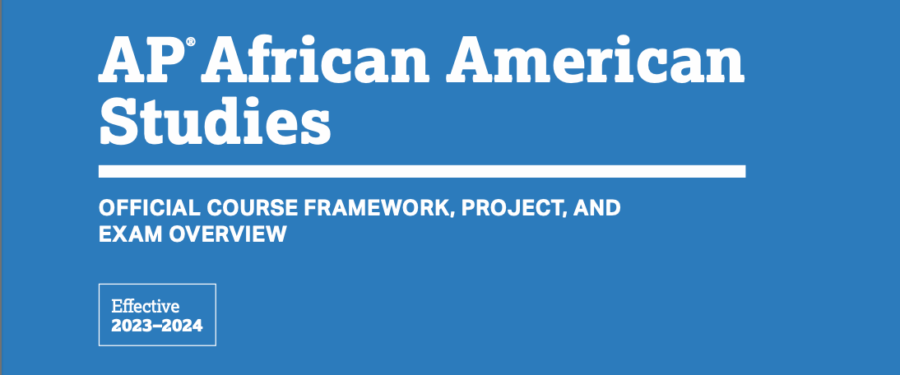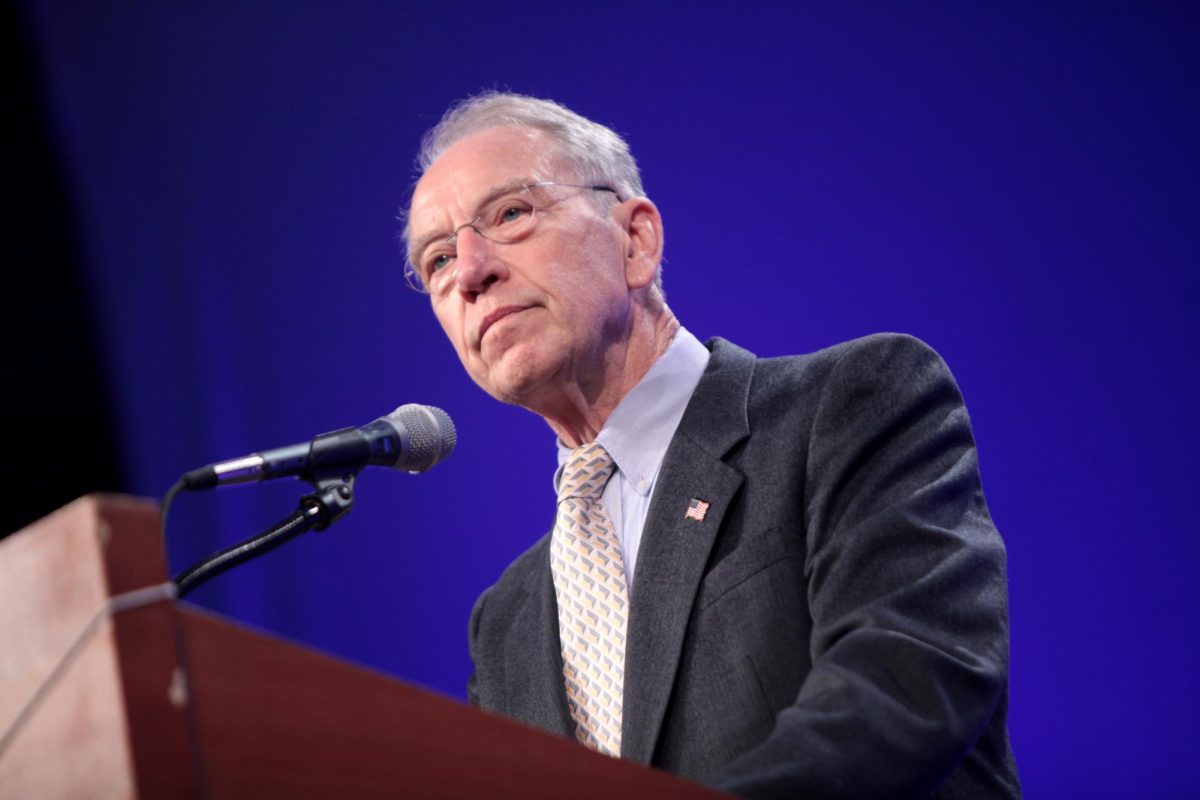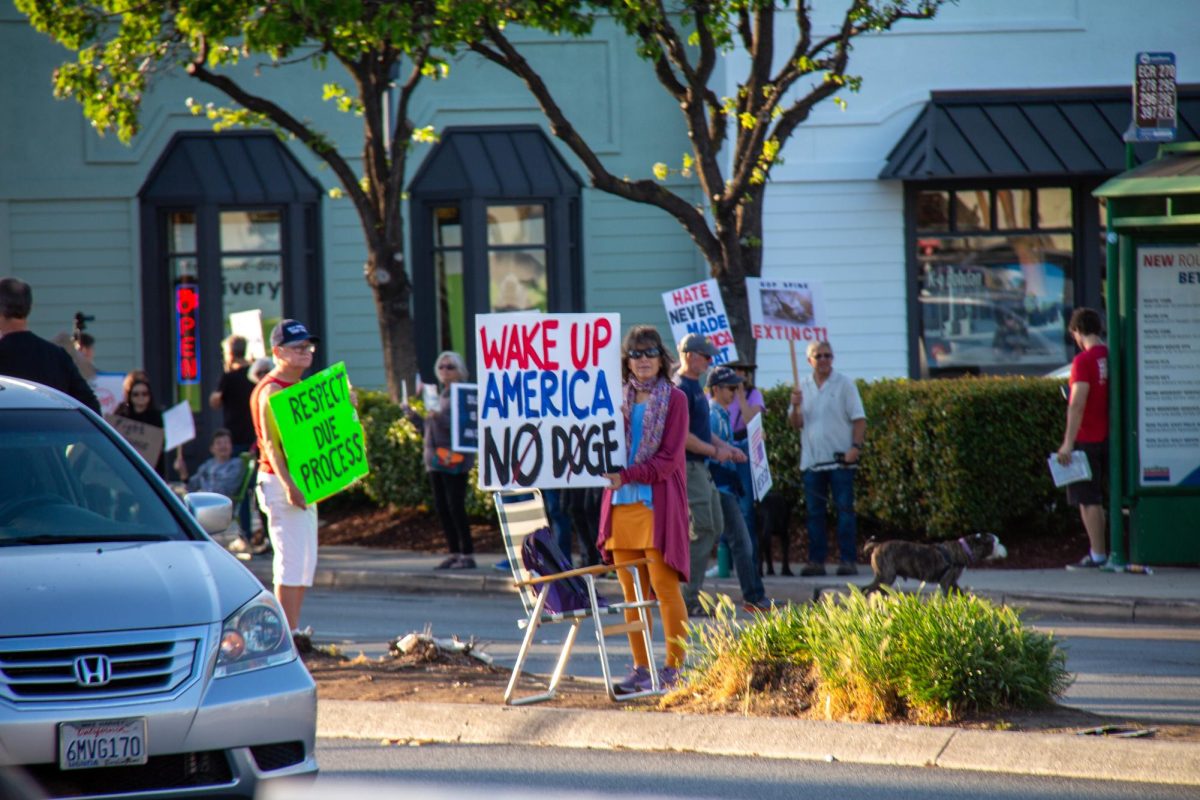Florida’s Department of Education (FDOE) recently announced the rejection of a proposed Advanced Placement African American Studies class by the College Board, with Florida press secretary Bryan Griffin citing that “the course is a vehicle for political agenda.”
After Florida’s rejection, the College Board revised the original class curriculum, removing sections such as “Black Live Matters”, “reparations”, or “queer black studies”. A series of blowbacks between the College Board and the state of Florida have occurred over the past month, including the College Board’s statement to the New York Times that the FDOE displayed “ignorance and derision for the field of African American studies.”
“Now who would say that an important part of Black history is ‘Queer Theory?’ That is somebody pushing an agenda on our kids,” Florida Governor Ron DeSantis said.
Some aspects of the AP African American studies have triggered debate due to their political prevalence today, such as the Black Lives Matter movement.
“As a woman of color in leadership here at Woodside, it makes me angry that we live in a country where there are still people that would ban a course like this,” history department chair Jenny Ortez said. “I think it’s disgusting that there are topics such as Black Lives Matter and Queer Black Lives that are not being discussed and are being banned in the state [of Florida].”
Ortez teaches both mainstream and Limited English Placement (LEP) Life Skills and Ethnic Studies, which was recently implemented in the 2021-2022 school year for freshman students. Several other history teachers, including those teaching other AP classes, expressed similar sentiments and reactions to the banning of AP African American Studies in Florida.
“I think that [the banning] reveals more about the political climate in Florida than it does about the AP African American studies course,” AP World History teacher Patrick McDevitt said. “It’s really hard not to see that as a sign of some kind of hatred or fear.”
Florida is a red state, with both senators and the governor belonging to the Republican party, as well as the majority of the representatives of Florida. Governor DeSantis has released semi-similar legislation previously, such as the “Stop W.O.K.E” Act (Wrong to Our Kids and Employees), which banned K-12 schools from teaching critical race theory and curriculum which teaches that “an individual, by virtue of his or her race, color, sex, or national origin, is inherently racist, sexist, or oppressive, whether consciously or unconsciously.”
“We’ve looked at, as a department, just what’s been in the news recently with the reactions to the unveiling of what the course would consist of, and then what [was] edited or made optional [by the College Board], but that’s kind of the extent of where we are with it,” McDevitt said.

Much of the news about AP African American Studies in Florida has prompted the question of whether or not Woodside should offer the course in future years.
“I see no downsides to an implementation of an AP African American Studies class, only benefits,” Ortez said. “Some of those benefits would include, I think, more awareness of the culture, of celebration, of joy, [and] of the historical oppression that’s been faced by [African Americans].”
AP African American studies was implemented as a ‘pilot’ in 60 schools across the country, in the 2022-2023 school year, meaning that at the moment only select schools are offering the course, but in the near future the College Board plans to have all schools be able to offer the course in the 2024-2025 school year.
“I think it would only benefit and enrich our school and the population by offering [AP African American Studies],” AP United States History Teacher Ramie Macioce said.
Despite overwhelming support for the creation of the class by Woodside High School’s AP history teachers, no propositions to introduce the course have arisen, as of now.
“I haven’t had students approach me about an AP African American Studies class and I think it’s because we have an ethnic studies class,” Ortez said. “[Ethnic Studies] is a whole year where we discuss topics that are found in [the] AP African American studies [curriculum]. But here at Woodside, we also do a great job of, in every class, covering African American Studies. And so maybe that’s why there hasn’t been a demand for this class.”
Determining whether the class should be implemented mainly comes down to a state decision, as since Woodside is a public school, if California, like Florida, rejects AP African American studies (although no declaration of the sort has come up), Woodside High School will be legally obligated not to teach it.
“It’s interesting because if you look at the Constitution, it doesn’t say anything about education,” Macioce said. “So if it’s not in the Constitution, it’s left to the states [and] the states get to decide.”
As of now, there don’t seem to be any clear plans to implement the course at Woodside High School.
“I haven’t heard any discussion of it being offered,” McDevitt said. “But it would be really interesting to gauge student interests across the district, and then move on from there.”












